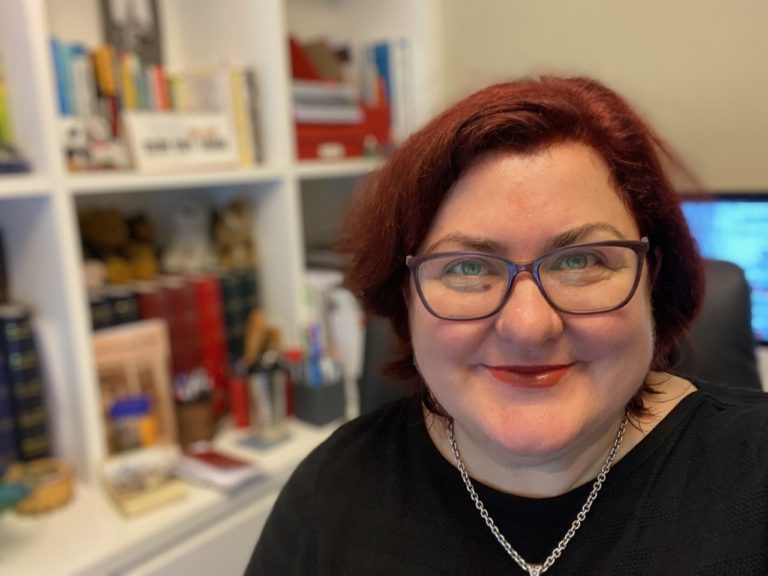Court blocks PRH acquisition of S&S
Bertelsmann, the parent company of Penguin Random House (PRH), will appeal a ruling by a US federal court blocking its proposed acquisition of Simon & Schuster (S&S).
In a two-page order, judge Florence Pan found: ‘the United States has shown that the effect of [the proposed merger] may be substantially to lessen competition in the market for the U.S. publishing rights to anticipated top-selling books,’ reports Publishers Weekly. ‘Accordingly, judgment shall be entered in favor of the Plaintiff and the merger shall be enjoined.’
Pan’s full 80-page written decision blocking the acquisition was published a week after the decision was revealed, and after confidential redactions were made. Pan found the Department of Justice (DoJ) had ‘properly defined a relevant market—focused on publishing rights for anticipated top-selling books—that encompasses 70 percent of the advances that publishers pay to authors’. DoJ attorneys had defined ‘anticipated top selling books’ as those with advances over $250,000. Pan dismissed PRH and S&S’s arguments that the government’s focus on books with advances over $250,000 was incorrect on both the facts and the law.
Bertelsmann CEO Thomas Rabe said: ‘We do not share the court’s assessment any more than we previously shared the Department of Justice’s position. Both are based on incorrect basic assumptions, including an inaccurate definition of the market. A merger would be good for competition. We remain convinced that Bertelsmann and Penguin Random House would be the best creative home for Simon & Schuster—with a wide variety of publishers that could operate independently under one umbrella. We will be filing a motion to appeal with the DC Court of Appeals.’
As previously reported by Books+Publishing, in 2020 Bertelsmann announced its plans to acquire S&S from media company ViacomCBS for US$2.175 billion (A$2.95b). It expected the deal to settle in 2021. However, the US Department of Justice sued to block the acquisition, alleging the move would ‘enable Penguin Random House, which is already the largest book publisher in the world, to exert outsized influence over which books are published in the United States and how much authors are paid for their work’.
The merger has previously been cleared in the UK by the Competition and Markets Authority.
Pham wins Heyman Mentorship Award unpublished manuscript award; other awards news
Kim Pham is the winner of the 2022 Heyman Mentorship Award for her novel manuscript ‘Bird Hands Beaver a Fishmint Bouquet’.
Set in the suburbs of Western Sydney, the book is described by the publisher as ‘a comical coming-of-age story with an unsettling twist’, and by the author as ‘if The Breakfast Club was directed by Bong Joon Ho’. The novel follows 13-year-old Bridget Bui, who has only one goal this year: to ace Australia’s KRAPLAN tests and claim her rightful place as star pupil. Maybe then her parents will love her.
The Heyman Mentorship Award is for a writer over 26 years of age from a background of social or economic disadvantage, writing full-length prose ‘which engages in some way with issues of class and economic disadvantage’. It offers the winner a year of mentoring by Heyman and a full editorial report from Catherine Milne at HarperCollins, with the publisher holding the first option to publish the work.
The award received over 40 applications in its third year. ‘I wish it were possible to offer more than one award—there are many stories which will stay with me,’ Heyman said. For more information about the award see Heyman’s website.
Also announced in the past month were shortlists for the Prime Minister’s Literary Awards, the Dymocks Book of the Year and Australian Political Book of the Year Award, while longlists were also announced for the Tasmanian Literary Awards.
To stay up to date with all the latest awards news, subscribe to Books+Publishing here.




